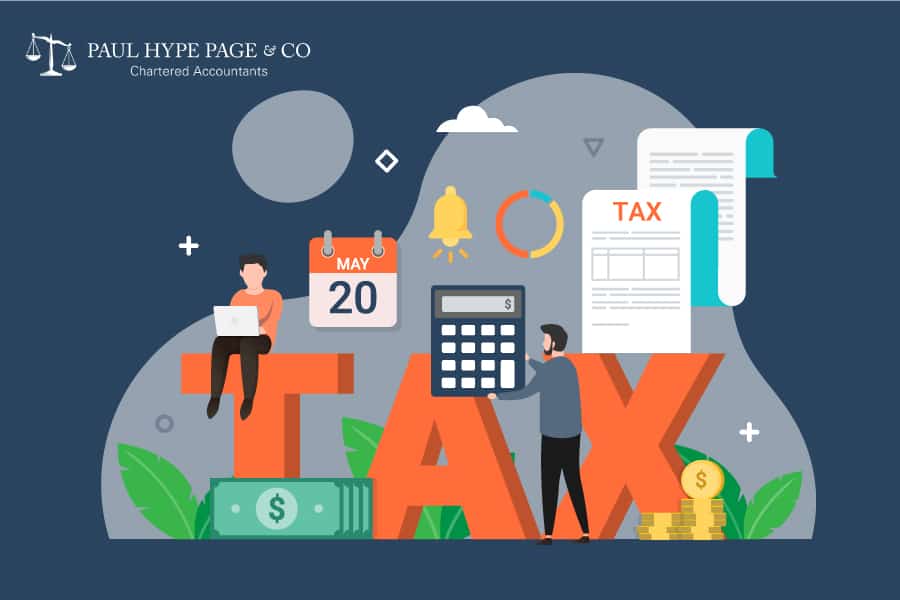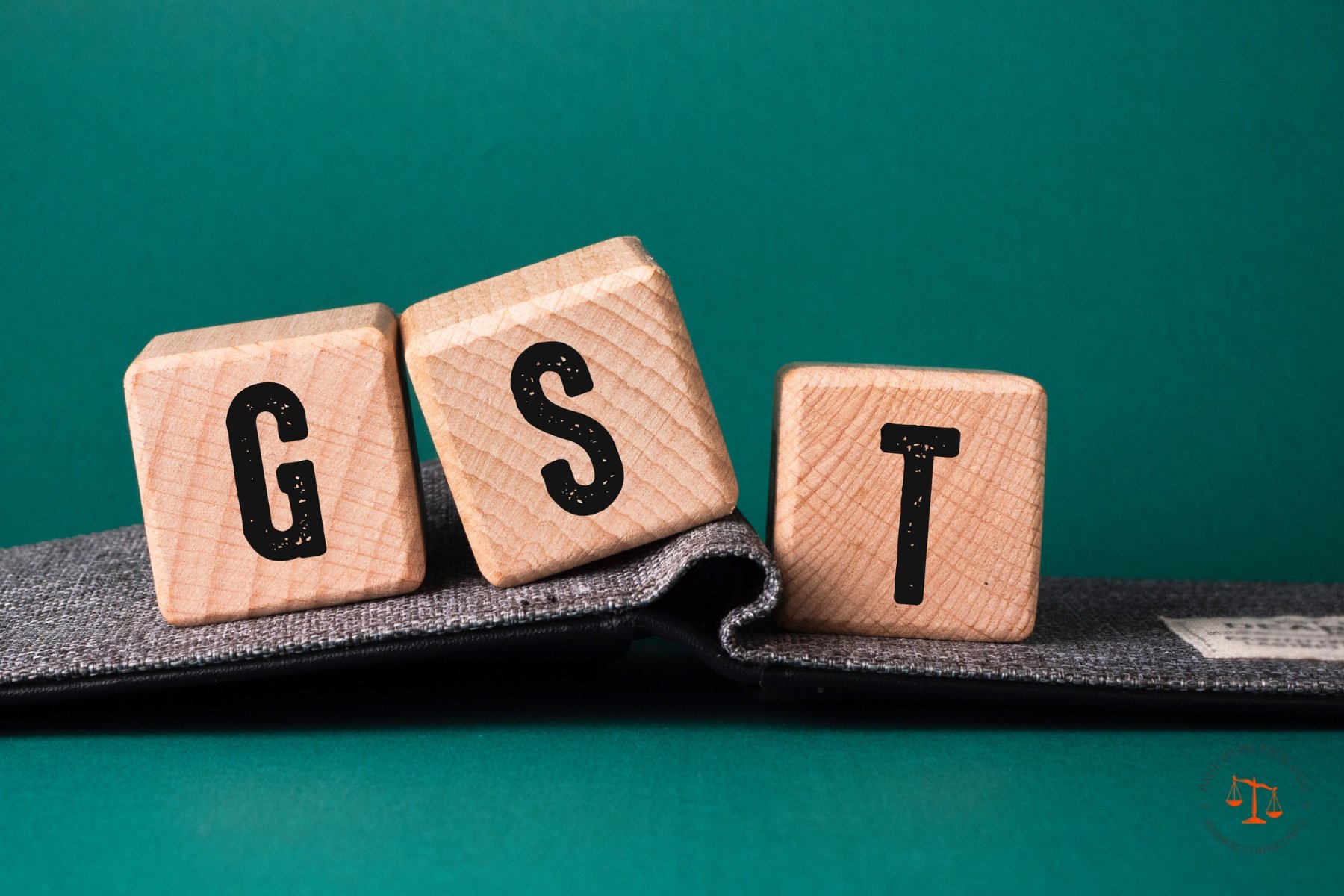Depending on the situation and the value of the gifts, some gifts given by employers to employees may be subject to taxation in Singapore. Gift tax in Singapore will be given in conjunction with public holidays, for the employee’s birthday or wedding, or the birth of the employee’s child are not taxable unless their value is deemed to be substantial and if the gifts are generally available to all staff.
What is the value of a taxable gift in Singapore?
Singaporean tax laws define a “substantial” gift as any gift with a value that exceeds S$200. This cap is an increase from that prior to the 2008 year of assessment (YA 2008) when the exemption threshold was S$100. Should the value of any gift exceed S$200, its full value is taxable. This rule applies to both cash gifts and non-cash gifts alike.
The threshold of S$200 applies to each gift. For example, if an employee were to receive four gifts with values of S$50, S$180, S$120, and S$70 respectively, none of the gifts would be taxable. However, if an employee were to receive one gift with a value of S$242, then the entire value of the gift would be taxable.
Gifts given in conjunction with bereavement are not treated the same way as other types of gifts are. Such gifts are never taxable, even if their value exceeds S$200.
Are Immovable Properties and Shares given as Gifts Taxable in Singapore?
When immovable properties or shares are given as gifts, they are also taxed differently compared to most other gifts. Both immovable properties and shares are related to stamp duty charges when they are given as gifts.
Apply current stamp duty rates if property is gifted without payment or distributed without a Will or inheritance law.
Since February 22, 2014, stamp duty is 1% for the first S$180,000, 2% for the next, then 3%.
Since February 22, 2014, transferring shares as a gift incurs a 0.2% stamp duty on the purchase price market value.
Singapore’s tax authorities will conduct audit checks on all documents related to transfers of property or shares as gifts. Deliberate property undervaluation or underpaid stamp duty is a serious offense, punishable with additional tax recovery.
To avoid tax issues, ensure you stay updated on Singapore tax laws and keep all gift transfer documents current.
Conclusion
If you are a foreigner thinking of setting up a business or as an individual in Singapore, it is crucial to have tax advice on Singapore tax residency, income source and incentives for your company or personal tax planning.
FAQs
A company, regardless of whether it is a local or a foreign company, will be taxed on its:
- income accruing in or derived from Singapore; or
- income received in Singapore from outside Singapore
You are required to make a declaration in your income tax returns by giving the nature and amount of the foreign-sourced income that was remitted to Singapore. You are also required to complete the Declaration Form for Foreign-Sourced Income Received in Singapore From 22 Jan 2009 to 21 Jan 2010 (60KB) for submission to IRAS. Although you have to state the use of the foreign income in the declaration form, the usage of such foreign income will not affect the claim for tax exemption.
An Avoidance of Double Taxation Agreement (DTA) is an agreement signed between Singapore and another country (a treaty country) which serves to relieve double taxation of income that is earned in one country by a resident of the other country.
It makes clear the taxing rights between Singapore and her treaty partner on the different types of income arising from cross-border economic activities between the two countries.
The DTA also provides for reduction or exemption of tax on certain types of income.
Only Singapore tax residents and tax residents of the treaty country can enjoy the benefits of a DTA. To find out who are our treaty partners, please refer to the List of Avoidance of Double Tax Agreements.
Income is assessed on a preceding year basis. This means that the basis period for any Year of Assessment (YA) generally refers to the financial year ending in the year preceding the YA.
There are various types of tax incentives available to companies and these are provided in the Singapore Income Tax Act (ITA) and Economic Expansion Incentives Act (EEIA). Some of the tax incentives available are listed in the table below.
| Governing legislation | Types of incentives | Where to apply |
|---|---|---|
| ITA/S13F | Approved International Shipping Enterprise | MPA www.mpa.gov.sg |
| ITA/S13H | Approved Venture Company | EDB www.edb.gov.sg |
| ITA/S14B | Further deduction of expenses relating to Approved Trade Fairs, Trade Exhibitions, Trade Missions or to maintain overseas Trade Office | IE Singapore www.enterprisesg.gov.sg |
| ITA/S14E | Further deduction of expenses on Research and Development Project | EDB www.edb.gov.sg |
| ITA/S14O | Tax deduction of special reserves for catastrophic risks of approved general insurers | MAS www.mas.gov.sg |
| ITA/S19C | Writing down allowance for cost sharing agreement | EDB www.edb.gov.sg |
| ITA/S43(9) | Concessionary rate of tax for income of life insurance companies apportioned to policyholders | – |
| ITA/S43C | Concessionary rate of tax for approved offshore general insurance companies | MAS www.mas.gov.sg |
| ITA/S43C | Concessionary rate of tax for approved offshore life insurance companies | MAS www.mas.gov.sg |
| ITA/S43C | Concessionary rate of tax for approved offshore composite insurance companies | MAS www.mas.gov.sg |
| ITA/S43C | Exemption of tax for approved marine hull and liability insurer (onshore and offshore business) | MAS www.mas.gov.sg |
| ITA/S43C | Exemption of tax for approved offshore captive insurance companies | MAS www.mas.gov.sg |
| ITA/S43C | Exemption of tax for approved insurer underwriting offshore qualifying specialised insurance risk | MAS www.mas.gov.sg |
| ITA/S43E | Concessionary rate of tax for Approved Operational Headquarters (OHQs) | EDB www.edb.gov.sg |
| ITA/S43G | Concessionary rate of tax for Approved Finance and Treasury Centre | EDB www.edb.gov.sg |
| ITA/S43Q | Concessionary rate of tax for Financial Sector Incentive Companies | MAS www.mas.gov.sg |
| ITA/S43P | Approved Global Trading Company | IE Singapore www.iesingapore.gov.sg |
| EEIA/ Part II | Pioneer Industries | EDB www.edb.gov.sg |
| EEIA/ Part III | Pioneer Service Companies | EDB www.edb.gov.sg |
| EEIA/Part IIIB | Approved Shipping Logistics Enterprise | MPA www.mpa.gov.sg |
| EEIA/ Part IIIB | Development & Expansion Incentive | EDB www.edb.gov.sg |
| EEIA/Part X | Investment Allowances | EDB www.edb.gov.sg |
| EEIA/Part XIIIB | Overseas Enterprise Incentive | IE Singapore www.iesingapore.gov.sg |
| EEIA/Part VIA | Export Service Company | EDB www.edb.gov.sg |
About The Author
Share This Story, Choose Your Platform!
Related Business Articles








